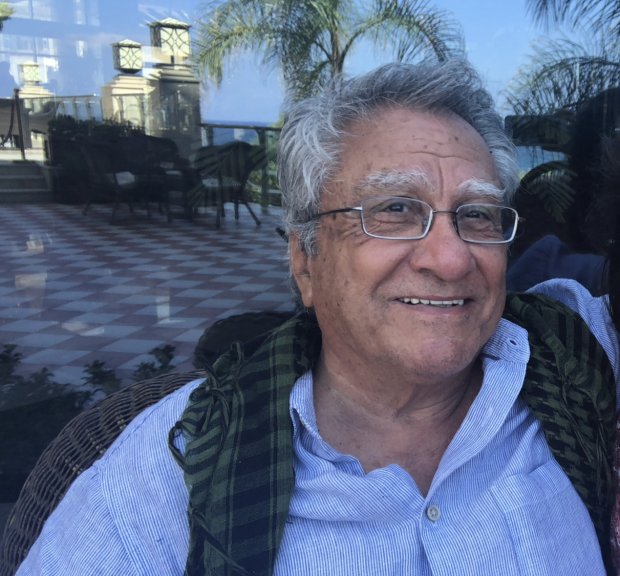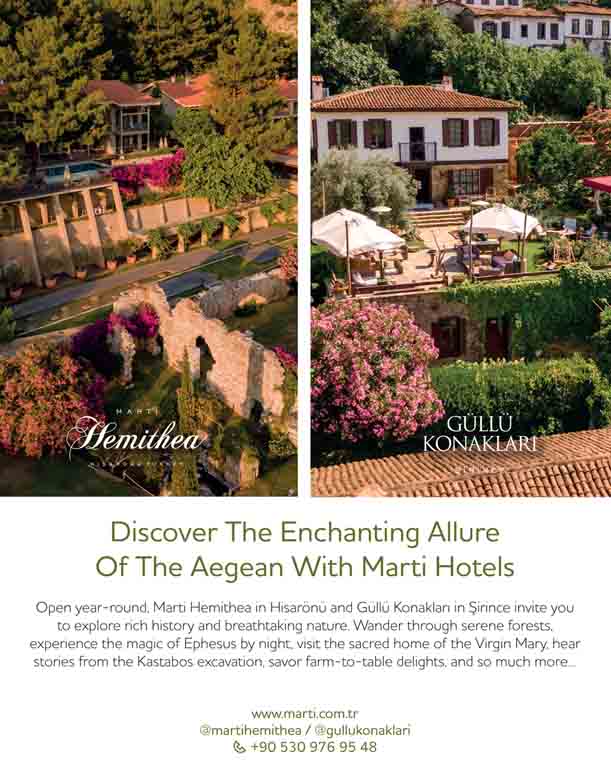Metin Münir was a clarion voice in the Turkish press – a champion of journalistic quality and integrity that penetrated so much fog and even more nonsense. As editor-in-chief and founder of a slew of English- and Turkish-language publications, he encouraged a generation of highly professional journalists. The newspaper Güneş which he headed between 1989 and 1991 remains, for so many of us who worked there, a Camelot -- imperfect perhaps, but a moment of real hope and so much better than the crumbling Fourth Estate in the Turkey of today. Metin was important to the Turkish-speaking community of his native Cyprus as a respected voice on the international stage – even if he was not preaching the message the politicians wanted to hear. Cornucopia was not founded by him but was the indirect progeny of a glossy English-language publication he worked to create. His death from a heart condition at his rural retreat on a hillside overlooking Kyrenia deprives Turkish journalism of a unique talent and Cornucopia of a mentor and friend.
Metin was unusual in being one of the first native Turkish-speaking journalists, and possibly the only one from Cyprus, to have had a distinguished career in the international press. He wrote for many publications, including The Sunday Times and The Washington Post, and corresponded from Ankara for the Financial Times and the BBC during the troubled years around the 1980 coup in Turkey. This brought him into constant confrontation with the authorities, including the public prosecutor.
His tone-perfect English (and perhaps love of expensive tea) was the result of his time at The English School in Nicosia rather than time spent abroad. He was admitted to Ankara’s Faculty of Political Science, where he was forced to confront nationalistic taboos on the left and the right. This helps explain his admiration for Turgut Özal (president between 1989–93) whom he praised for at least recognising that minorities had cultural rights. He once described his astonishment at scouring the library catalogue at the most serious faculty of politics in the land only to find just one single book about Kurds. It was as a student in 1964 that he joined a brigade of his peers after communal violence in Cyprus erupted into civil war, and returned home to try to lift the infamous siege of the village of Erenköy. A close friend was shot beside him, and seeing his Greek neighbours in the crosshairs of his rifle he needed little more convincing of the folly that had led to the conflict. Later, as a journalist, it was his scoop that revealed the existence of the Atilla Line, the de facto boundary imposed by Turkish troops in 1974 that divided Cyprus into north and south.
He went on to become a key figure in the burgeoning newspaper empire funded by his childhood friend, the businessman Asil Nadir. Metin was founding editor of Cyprus’s leading daily, Kıbrıs and an English-language weekly. Pro-unification leanings meant he was never popular with the Denktaş government and the Nadir Group deemed it politic to transfer him in 1989 to Istanbul. It was there that he led the transformation of Güneş into a European-style quality broadsheet. This was a time when Turkish media was engaged in a brutal circulation war, attracting readers with contests for cars and through coupons redeemable for encyclopedias. Güneş’s manifesto promised to compete on the excellence of its news. For the first time in the Turkish press there was a women’s page, an environment page, a youth section, an editor responsible for covering human rights. Metin’s approach was to hire young people who understood finance, literature or law and let them learn journalism rather than employing the same old hacks who would never learn new tricks. He nurtured a new breed of young editors, gave them their opportunity, paid them a proper salary but wished them good luck at the door if they failed. He gave impetus to so many careers – including my own.
Metin had written for The Independent newspaper at its launch in 1986 – which became known as the journalists’ newspaper – ie respecting reporters in the field rather than sculpting the story at an editor’s desk. It had a crisp layout with a large front-page photo every day. These were values he imported into Güneş. Clive Crook, who was to become Cornucopia’s creative director, had been at The Sunday Times and oversaw this transformation. Turquoise, a glossy magazine featuring Turkey and Cyprus was another publication in the Münir stable. Cornucopia was to emerge from its ashes when Asil Nadir’s empire imploded. It became what its editor once described as the magazine Metin wanted Turquoise to be.
In later years Metin worked in television and was a columnist for many of the mainstream newspapers, with a gift not so much for holding power accountable as boxing its ears. His sly style, eye for an investigative story and window-pane prose ensured him a massive popular following. He was grumpy, a lone wolf, sometimes difficult to work with but the ultimate pro. In 2002 he suffered a massive cardiac arrest and was revived after being technically declared dead. The very next day he wrote up this experience in his column for Vatan newspaper.
Eventually he was able to return to his home in Cyprus, a restored farmhouse below Bellapais, surrounded by books, his music and his art. Never happier than when cultivating his garden, his writing became more lyrical and about nature. His last column, the week he died, was about the unfathomable size of the cosmos.
Portrait photograph courtesy of Sara Münir








